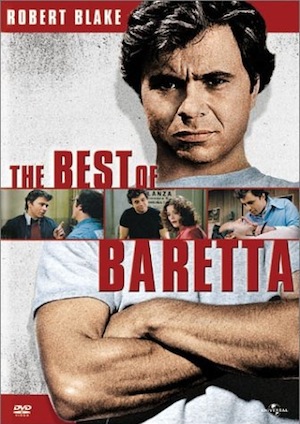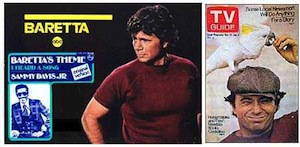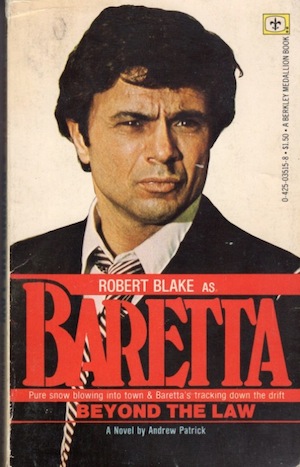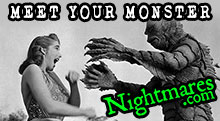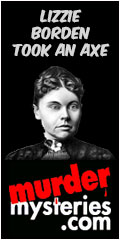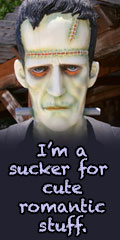Baretta
Baretta ran on ABC from 1975 to 1978. It was a milder version of the short-lived and controversial series Toma, which also ran on ABC (in 1973–74) and starred Tony Musante as the chameleonesque real-life New Jersey cop David Toma, after whom it was named. In its day, Toma sparked intense criticism for its realistic and frequent depictions of police and criminal violence. Musante left the show after its one and only season, which led to Toma's cancellation and its reincarnation as Baretta, led by Robert Blake.
Detective Anthony Vincenzo “Tony” Baretta was a street-smart, maverick undercover cop with the NYPD, who (stop us if you've heard this before) had a habit of tossing out the rule book if it stood between him and the bad guys getting the kind of rough justice they deserved. His quirky methods often got him in trouble with his bosses (Inspector Schiller first, Lt. Brubaker later), but as long as Baretta got the job done, they more or less had to sit and take it. Ex-cop Billy and pimp/snitch Rooster helped give Baretta the street-level intel he needed to get the goods on the baddies.
On the job, Baretta adopted a seemingly never-ending series of guises (including, in one episode, that of an elderly woman who looks like Tweety's keeper, Granny, and whose voice was actually dubbed by none other than Granny herself, i.e. June Foray!). And he was much bawdier than your typical buttoned-down Joe Friday. In one episode, he tried to convince a date to go back to his apartment so that she could give him his “birthday present.” “That will take until 4 in the morning,” she told him.
Baretta lived in apartment 2C of the ramshackle King Edwards Motel in a never-named Eastern seaboard city (which we suspect was Newark, New Jersey) with his scenery-chewing Triton sulphur-crested pet cockatoo, Fred.
When he wasn't in disguise Baretta favored short-sleeve sweatshirts, casual slacks, a brown suede jacket and a newsboy cap. He liked to carry an unlit cigarette in his lips or behind his ear. His trademarked catchphrases included “You can take dat to da bank” and “And dat‘s the name of dat tune.” When he was especially vexed he sometimes spoke in asides to his late father, Louie Baretta.
Baretta drove a blue rust-bucket '66 Chevy Impala sedan nicknamed “The Blue Ghost” (license plate 532 BEN), hung out at Ross’s Billiard Academy, and referred to his many girlfriends as his “cousins”.
His world bustled with a colorful grab-bag of Stephen J. Cannell-manufactured characters:
- Billy Truman (Tom Ewell), the elderly hotel manager/house detective, once a 53rd Precinct coworker of Tony’s father Louie.
- Rooster (Michael D. Roberts), a streetwise pimp and Tony's favorite informant.
- Tony's supervisors Inspector Shiller (Dana Elcar) and Lieutenant Hal Brubaker (Edward Grover).
- Detective Foley (John Ward), an irksome stick-in-the-mud.
- “Fats” (Chino ‘Fats’ Williams), a gravelly-voiced black detective who often joined Tony on stakeouts.
- Detective Nopke (Ron Thompson), a rookie who admired Baretta‘s street smarts.
- Little Moe (Angelo Rossitto), a shoeshine man and informant.
- Mob boss Mr. Nicholas (Titos Vandis).
- Mr. Muncie (Paul Lichtman), owner of a liquor store at 52nd and Main.
Complete with its funky Dave Grusin-penned score, Baretta was and forever remains quintessential time-capsule '70s cop show TV.
Want to hear a little about Robert Blake? Well, since you're in the mood, he was born Michael Gubitosi in 1933 in Nutley, New Jersey. He was a child star, acting in Our Gang comedies starting at the age of 5. He changed his stage name to Bobby Blake in 1942. Interviewed by People Magazine in 1993, he revealed that his childhood was filled with abuse from his parents, James and Elizabeth Gubitosi, who were a song and dance team. He claimed he was “locked in a closet and left there all day long. They made me eat on the floor like a dog.”
If there was an undeniable rough-and-tumble authenticity to Blake's performance as Tony Baretta, there's little doubt that his life served at least in part as its source.
There's no getting around it, so we won't even try: were it not for Robert Blake's infamy as an acquitted (which is not to say innocent) wife murderer, Baretta might have been forever banished to late night oblivion in TV land. But as they like to say in Hollywood, there's no such thing as bad publicity. And dat's da name o' dat tune, dear reader.





